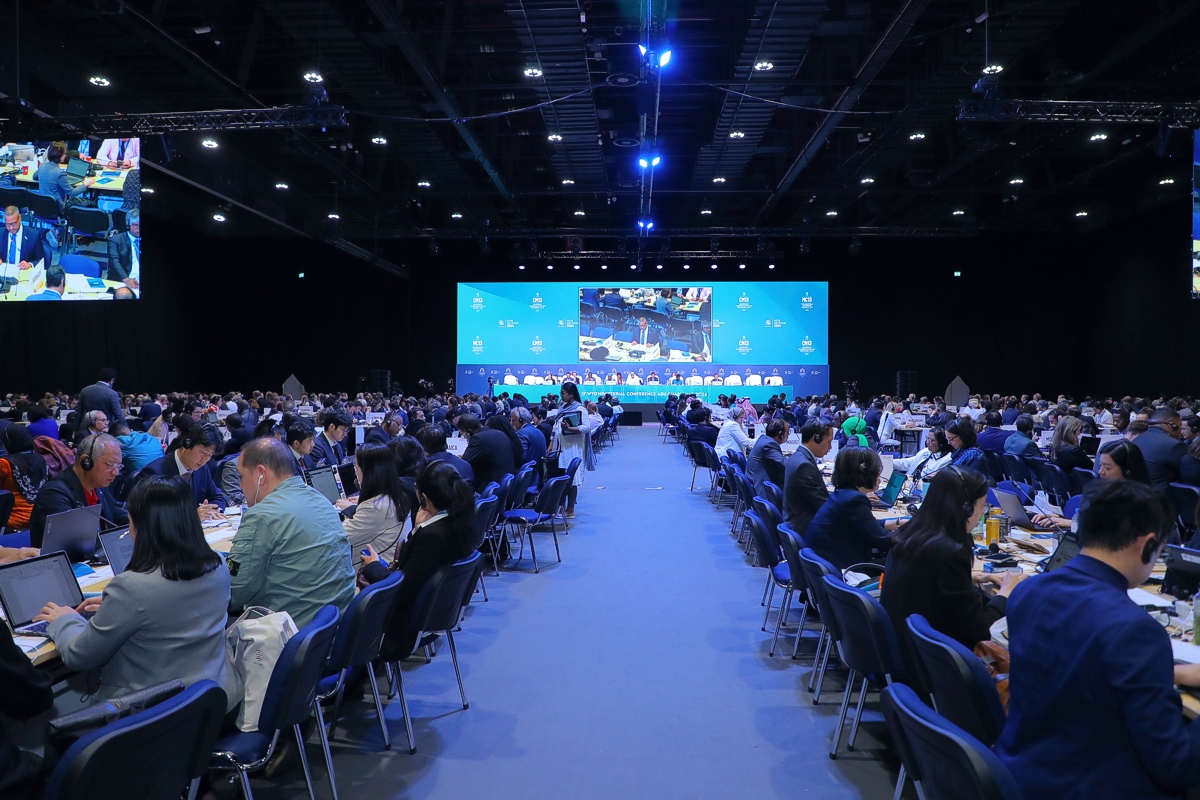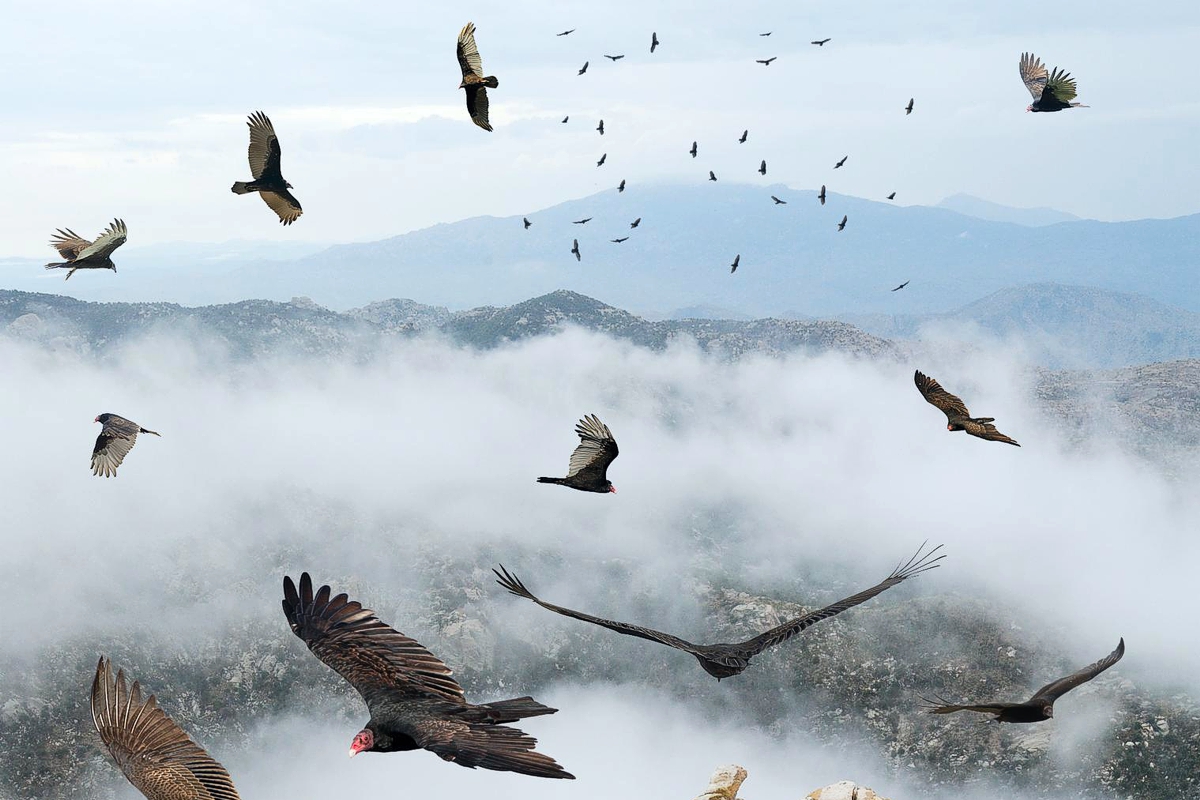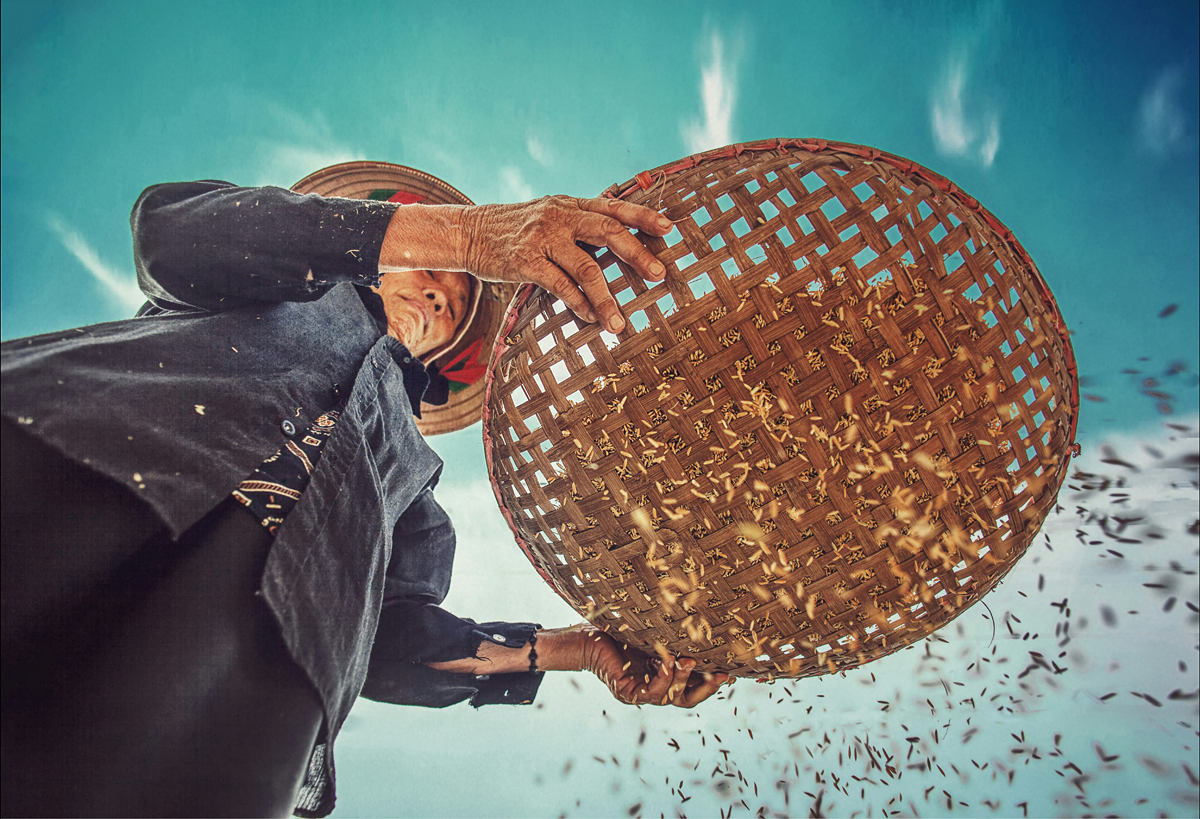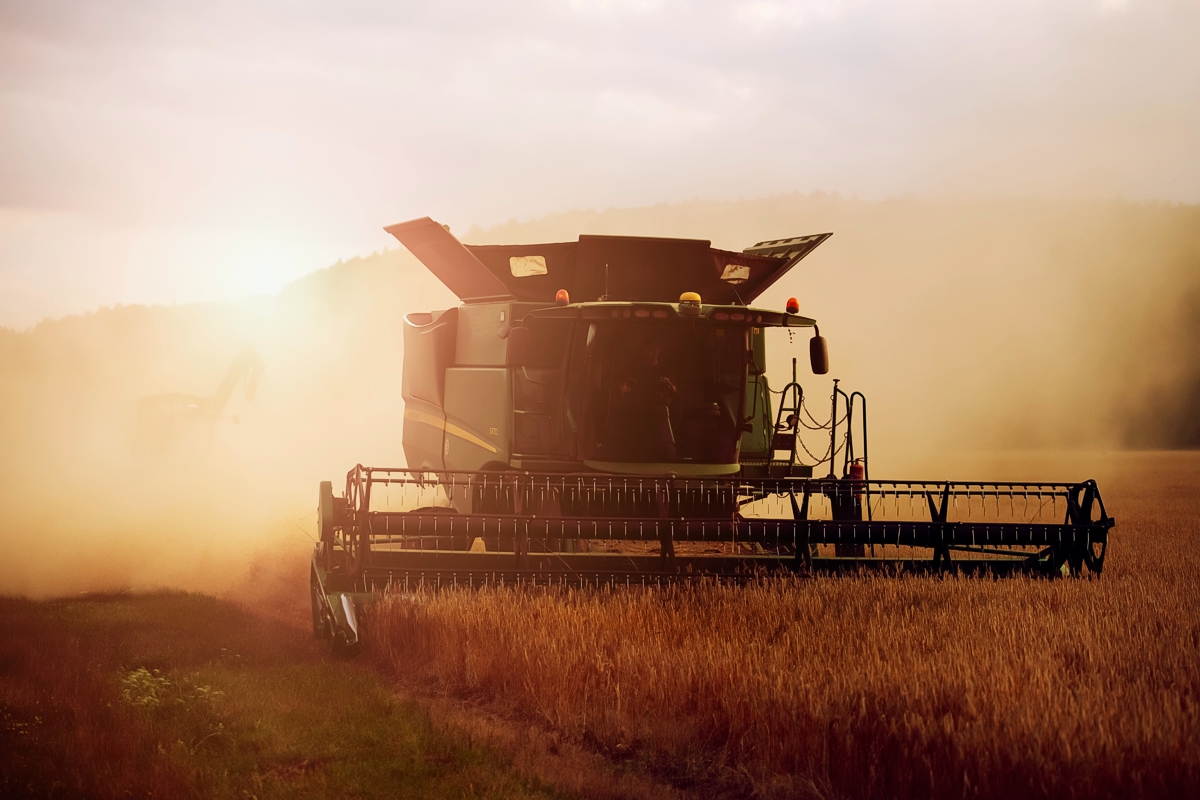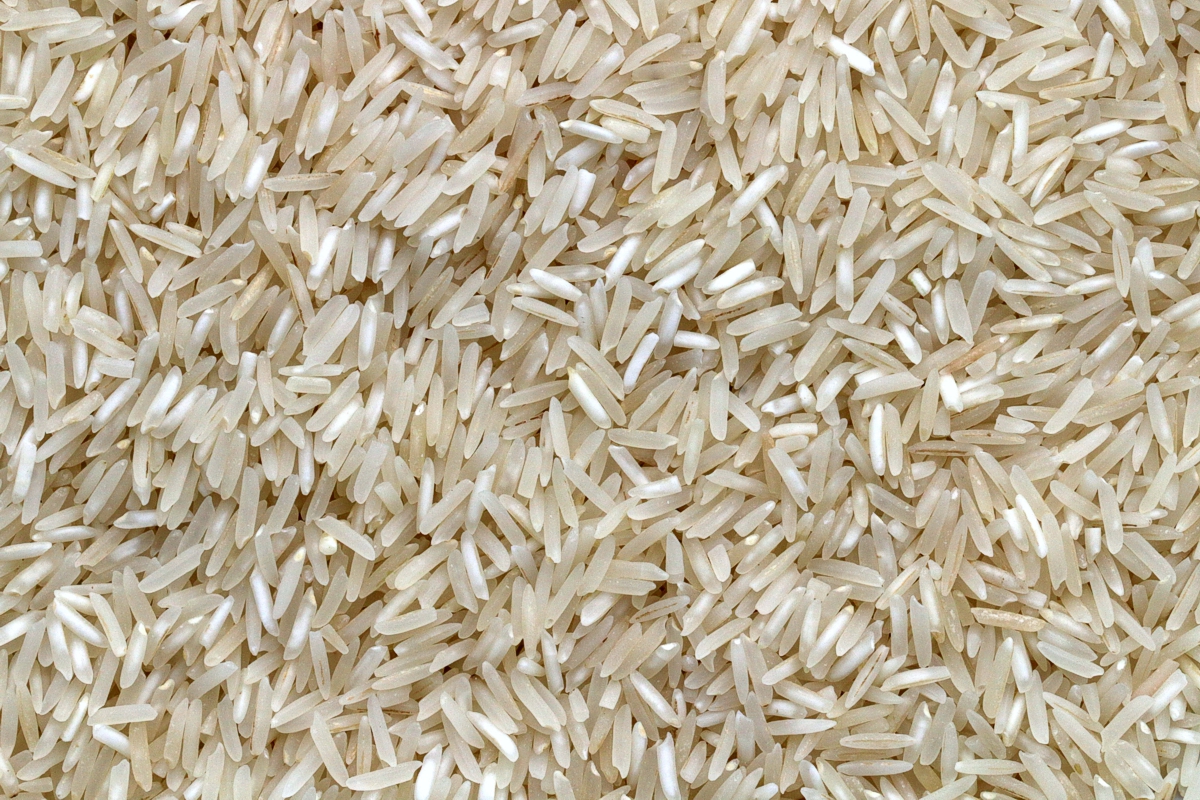SEE ALSO
Scoring the results in the WTO director-general’s ‘half-full’ glass
BEFORE THE MINISTERIAL CONFERENCE
Overview: Cynics circle as another conference heads for small pickings
The issues: Definitely. Maybe. Unlikely. Who knows? Issues on the agenda
By Peter Ungphakorn and Robert Wolfe
POSTED MARCH 13, 2024 | UPDATED MARCH 20, 2024
We’ve deliberately taken our time. The World Trade Organization’s 2024 Ministerial Conference in Abu Dhabi ended almost two weeks ago, after deadlock forced it to be extended by over a day, into the early hours of March 2.
Before the conference we had warned against expecting too much. We had argued that what was going to be essential was to preserve the system. Most issues were not ripe, and the geopolitical situation meant political energy was elsewhere.
Not to cause any harm seemed to be enough to say “job done”.
Some have criticised us for being too complacent, for being satisfied with the status quo. Far from it. We were simply recognising reality.
Quite a lot has been written and said about the conference, its minor successes and the major failures to meet expectations. Here are some talking points that stand out for us. It’s time to look ahead.
Continue reading “What next? Seven talking points after the WTO’s 2024 Ministerial Conference”

